cimetidine for horses
Price range: $15.00 through $60.00
Cimetidine for horses
Cimetidine for horses is a trusted medication widely used in the equine industry to manage gastric ulcers, support horses with equine sarcoids, and protect the gastrointestinal lining from excessive acid production.
A histamine H2-receptor antagonist, cimetidine works by decreasing the amount of stomach acid produced, thus offering relief from pain and preventing further tissue damage in the stomach lining.
Available in tablets or compounded paste form, cimetidine for horses comes in various strengths—commonly 300mg or 200mg per tablet—and is typically administered orally three times daily.
It can be part of a short-term ulcer treatment plan or used longer-term in horses with chronic conditions under veterinary guidance.
Many equine owners also use cimetidine as a supportive therapy for sarcoids—a form of equine skin tumor—due to its immunomodulatory effects.
While not officially labeled for sarcoid treatment, anecdotal and veterinary experiences often point to improvement when used consistently.
Understanding cimetidine for horses includes knowing its potential benefits, proper dosing, and price points from reliable veterinary suppliers.
Always consult your vet before beginning treatment.
If your horse suffers from ulcers or sarcoids, cimetidine for horses may offer an affordable and effective treatment option.


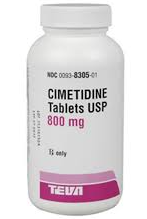
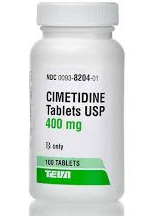
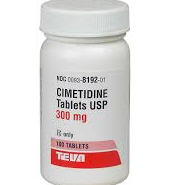


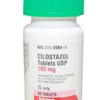
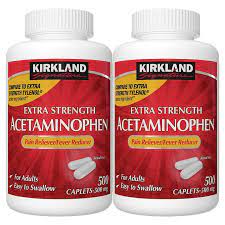


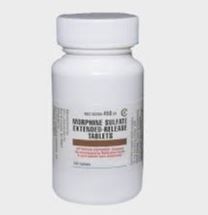
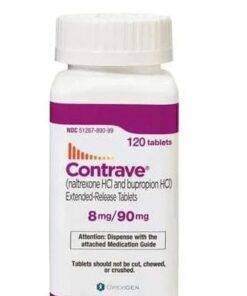
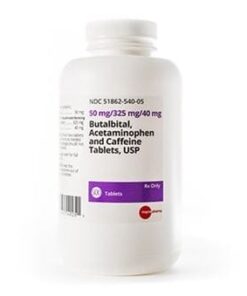
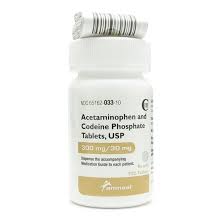
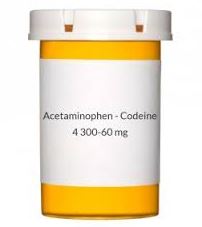
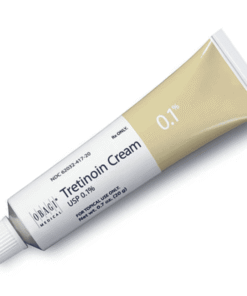
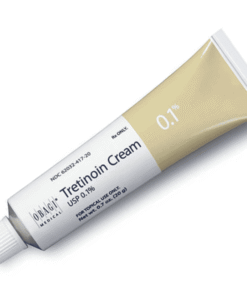
Reviews
There are no reviews yet.